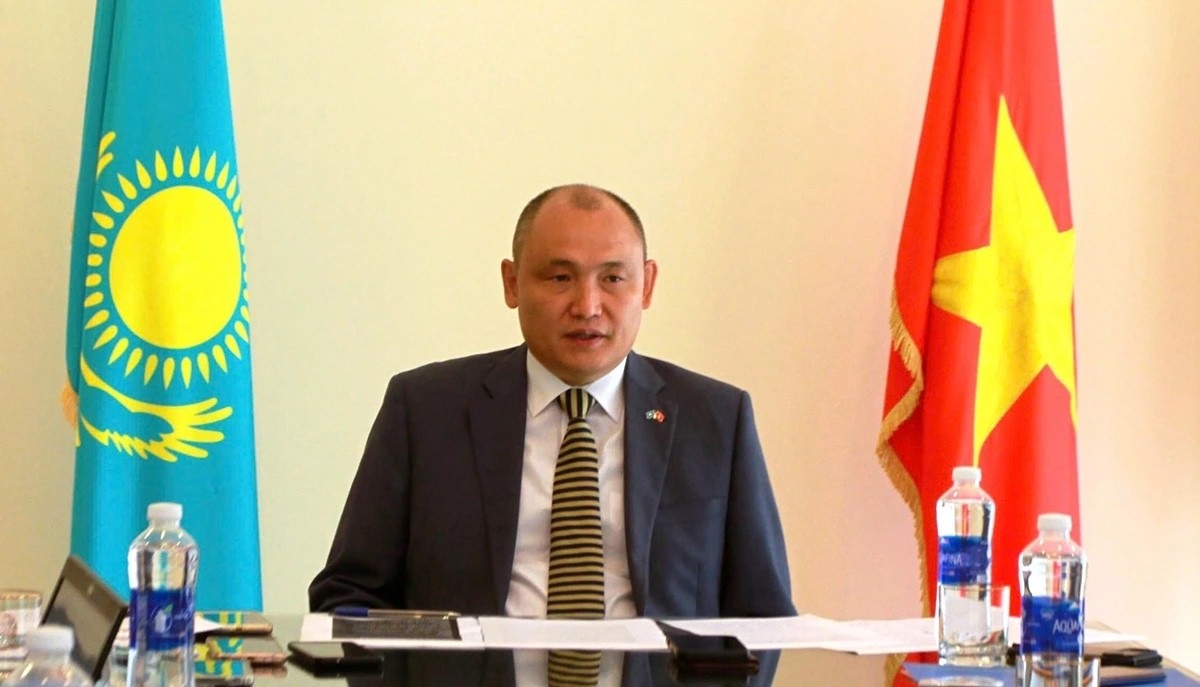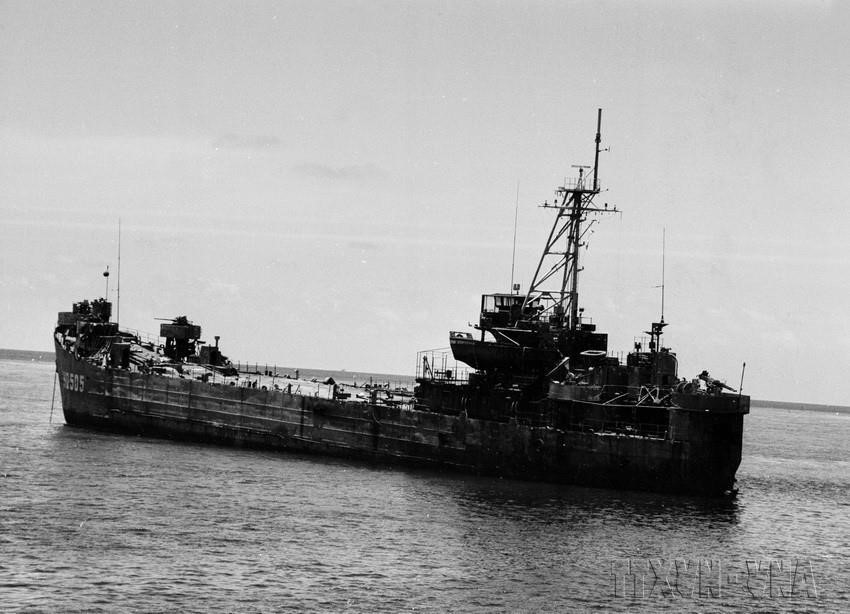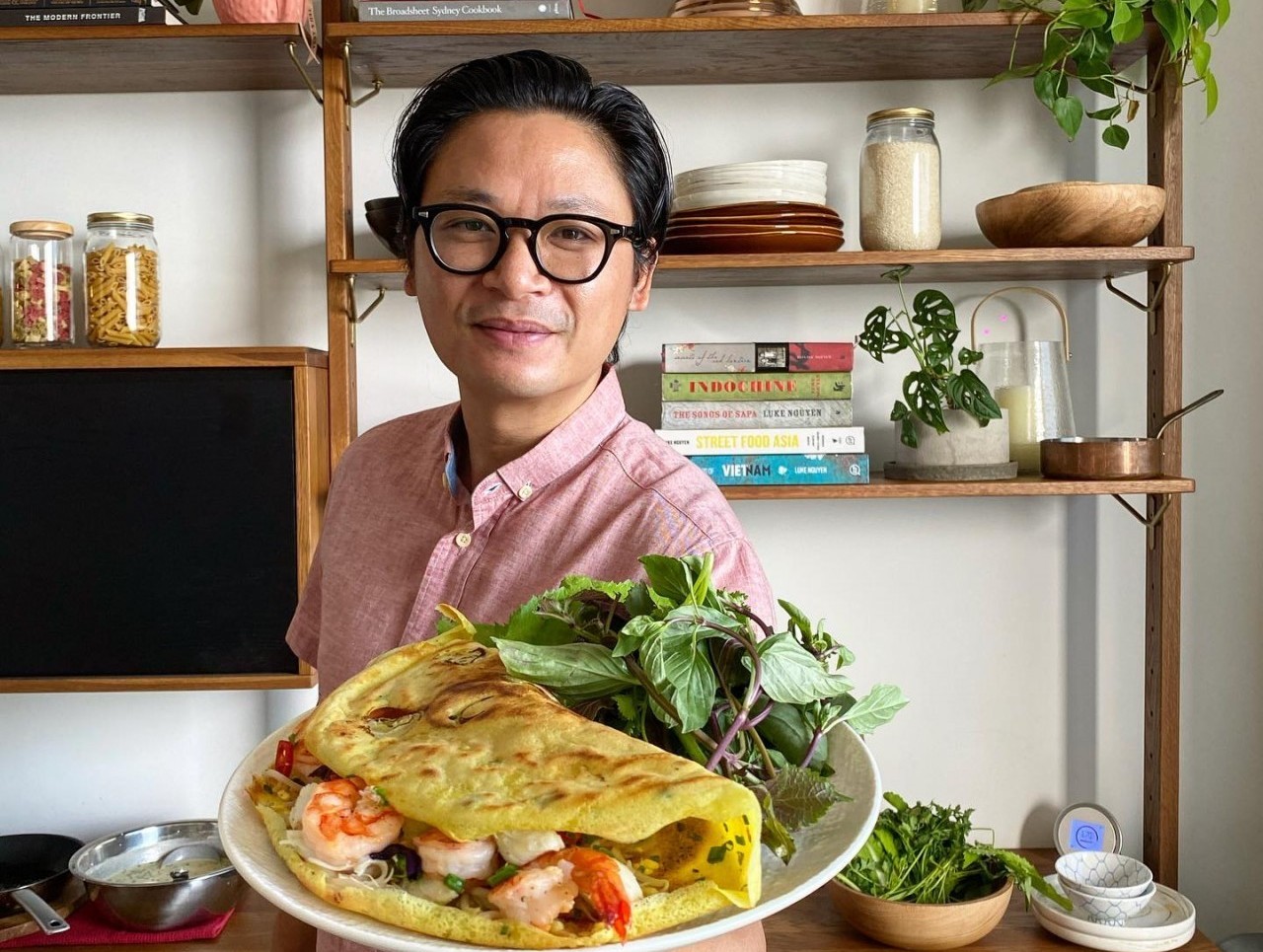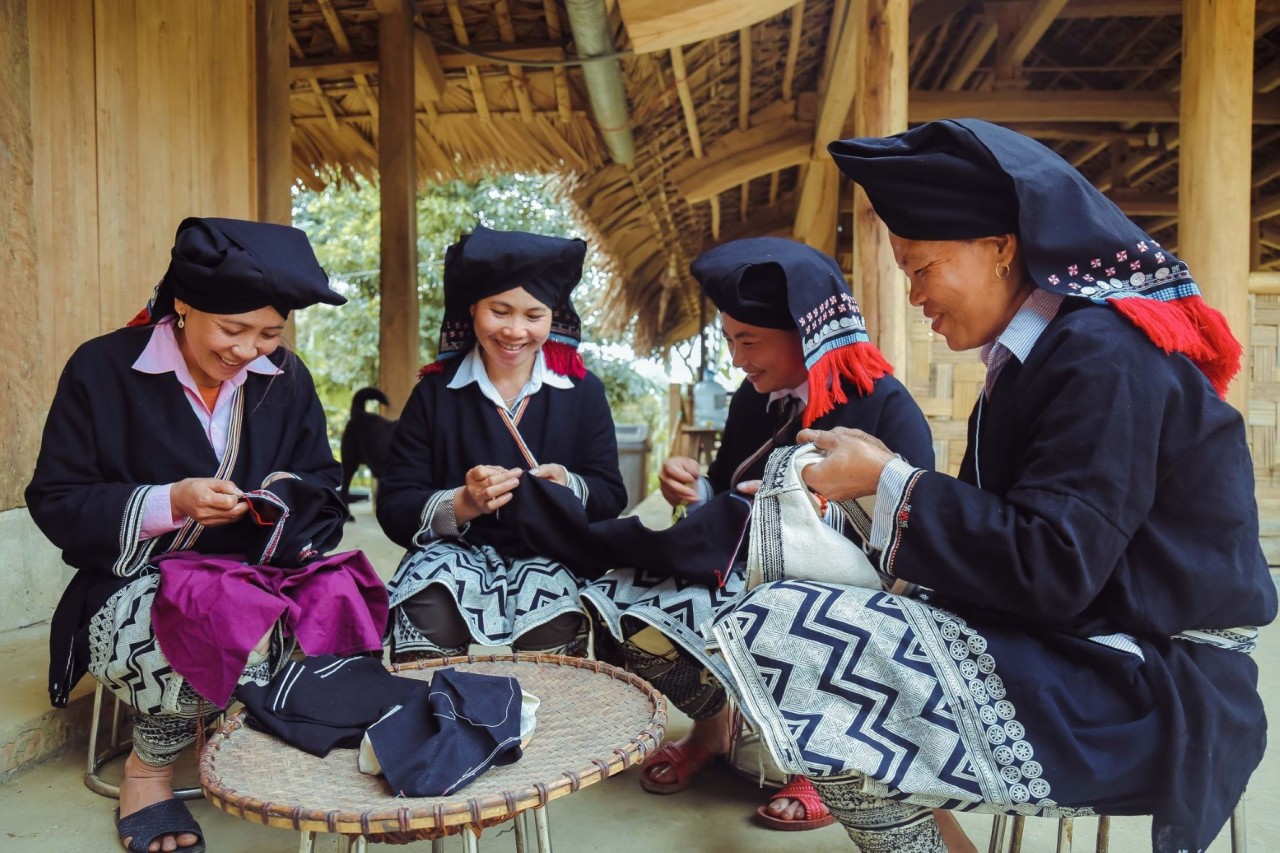Journalist Wilfred Burchett - Great Friend of Vietnam
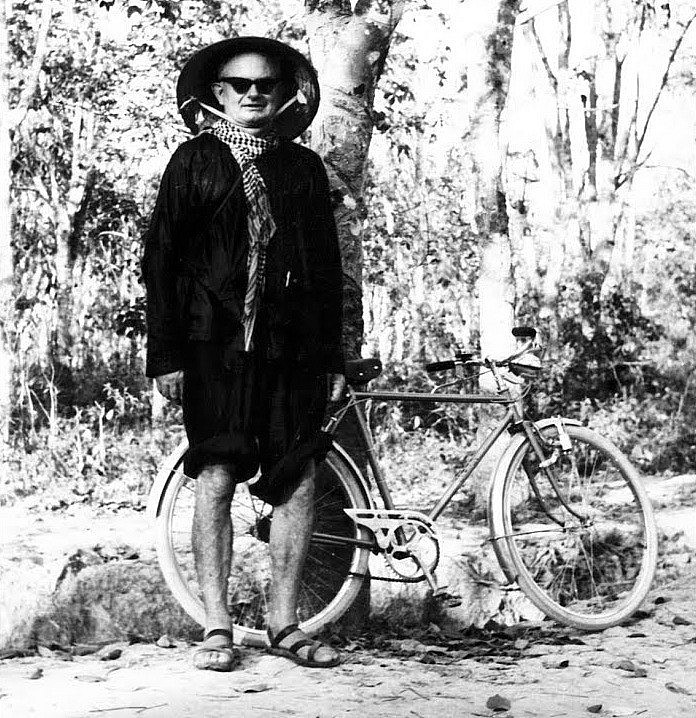 |
| Journalist Wilfred Graham Burchett was the first Western journalist to live with Vietnamese soldiers in the Viet Bac and South Vietnam battlefields. Photo: The Australian |
Journalist Wilfred Burchett was born and grew up in the town of Ballarat, more than 100 kilometres from Melbourne, Australia. Starting his career as a journalist at an early age, he became one of the most famous war correspondents and one of the most controversial journalists of the twentieth century. He spent an arduous and dangerous life as a journalist, once considered a traitor to the country and the number one enemy of public opinion.
He has traveled most of the continents of Asia, Europe, Africa, Australia. His hot news and stories, memoirs full of meaningful events from the front lines in China, Japan, Indochina, and Korea are of great interest to the world.
With the people of Vietnam and Indochina, Burchett devoted a lot of energy and enthusiasm to the struggle for national liberation.
Western journalist used to live with the Vietnamese army
Wilfred Burchett, when writing about the Vietnam War, did things that few people could do. He met and interviewed people like Ho Chi Minh, Pham Van Dong, Vo Nguyen Giap, Nguyen Huu Tho. He also wrote about the remote mountains of Upper Laos, the Mekong region, and the National Liberation Front for South Vietnam.
In early 1955, Burchett and his family moved from Beijing (China) to live in Hanoi. He travelled to many places, from the high mountains and the sea to the 17th parallel to write reports on the first stage of building socialism in peace in North Vietnam.
Burchett became the first Western journalist to visit the liberated zone of South Vietnam. From October 1963 to March 1964, he visited the Central Highlands, Cu Chi, the periphery of Saigon and the Mekong Delta.
From those tumultuous days, he released the book "Vietnam: Inside Story of the Guerrilla War", which resonated in Western public opinion.
Gallimard Publishing House, Paris (1965) introduced on the cover of the book: "At a dangerous time of escalating war, this is the key to understanding what is happening in Vietnam".
The author ends the book with many precious documentary photos with the affirmation: "Unless the US uses hydrogen bombs to destroy all Vietnamese people, killing many other people from neighboring countries, Americans could never impose a military solution on the South Vietnamese problem".
The United States also invited him to mediate between Nixon and Hanoi during the Paris conference to end the war in Vietnam. Specifically, Henry Kissinger, US secretary of state under President Richard Nixon, invited to meet Burchett privately in Washington to inquire about his opinion on negotiations at the Paris conference.
After the Paris Agreement was signed, he went to Hanoi to witness the scene of people celebrating their lunar New Year Festival (Tet) in a peaceful atmosphere in the spring of 1973.
| Wilfred Burchett wrote 8 books about Vietnam out of 35 books he wrote in the years 1950-1960. Typical works such as: "North of the Seventeenth Parallel", "Me Kong Upstream", "Vietnam will win" have been translated into 30 languages and read all over the world. His books, articles and documentaries about Vietnam are read and viewed around the world. They had a great influence in changing the opinion of many people, creating the anti-war movement during the Vietnam War. |
Great friend of President Ho Chi Minh
Wilfred Burchett first met President Ho Chi Minh in March 1954 in Viet Bac, when the Dien Bien Phu campaign was underway.
He recounted in the article: "Ho Chi Minh an Appreciation": "He made us comfortable communicating in English and French fluently, even speaking a few words of Italian with my colleague who was traveling with me".
He heard about the battle in Dien Bien Phu. He wondered what the French were doing in Dien Bien Phu.
President Ho Chi Minh told him about the Vietnamese people’s resistance against the French. When he told him about the situation of Dien Bien Phu, he took the hat he was wearing on his head, turned it upside down, and pointed his finger around the brim of the hat and said:
"This is the mountainous area where our army is stationed. inside the hat is where the elite French army in Indochina gathers. They can’t get out of there!"
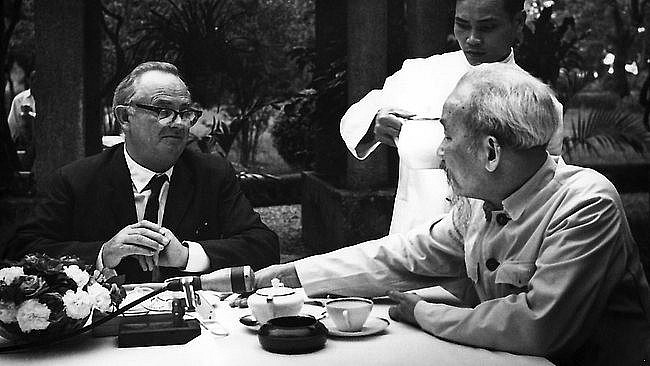 |
| Journalist Wilfred Graham Burchett in an interview with President Ho Chi Minh. Photo: The Australian |
Journalist Wilfred Burchett once said about President Ho Chi Minh: “My first feeling is intimacy, warmth and simplicity. President Ho Chi Minh has the ability to make people feel relieved from the first moment and presents the most complex issues in just a few words and gestures."
In the following years, every time he went to Hanoi, Burchett visited President Ho Chi Minh. "We had breakfast together and talked,” he said. "He asked me about my family and children. Ho Chi Minh is a symbol of simplicity. I never met him in an office. When he passed away, it was a great loss for me personally".
When asked who made the biggest impression on him during his journalistic career, he once said: "Ho Chi Minh - an extremely wise, simple, humble man, a true internationalist".
| In 1983, Vietnam was awarded journalist Wilfred Burchett First Class Resistance Medal for outstanding contributions to the struggle for independence and freedom of the Vietnamese people. |
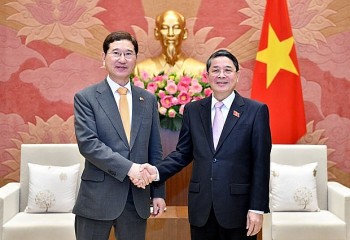 | Vietnam, RoK Enhance Legislative Ties Developing good relations between the two National Assembly of Vietnam and the Republic of Korea. |
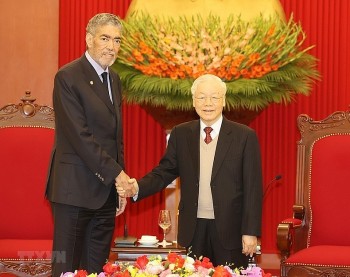 | Vietnam Works to Foster Ties with Dominican Republic Vietnam values all-around ties with the Dominican Republic, said General Secretary of the Communist Party of Vietnam Central Committee Nguyen Phu Trong. |
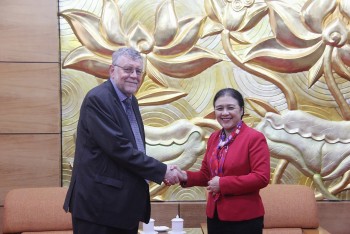 | VUFO President Receives President of Belgium - Vietnam Friendship Association Ambassador Nguyen Phuong Nga, President of the Viet Nam Union of Friendship Organizations (VUFO), received Belgium - Vietnam Friendship Association delegation led by its President, ... |
Recommended
 Focus
Focus
Vietnam Leaves Imprints on the World Peacekeeping Map
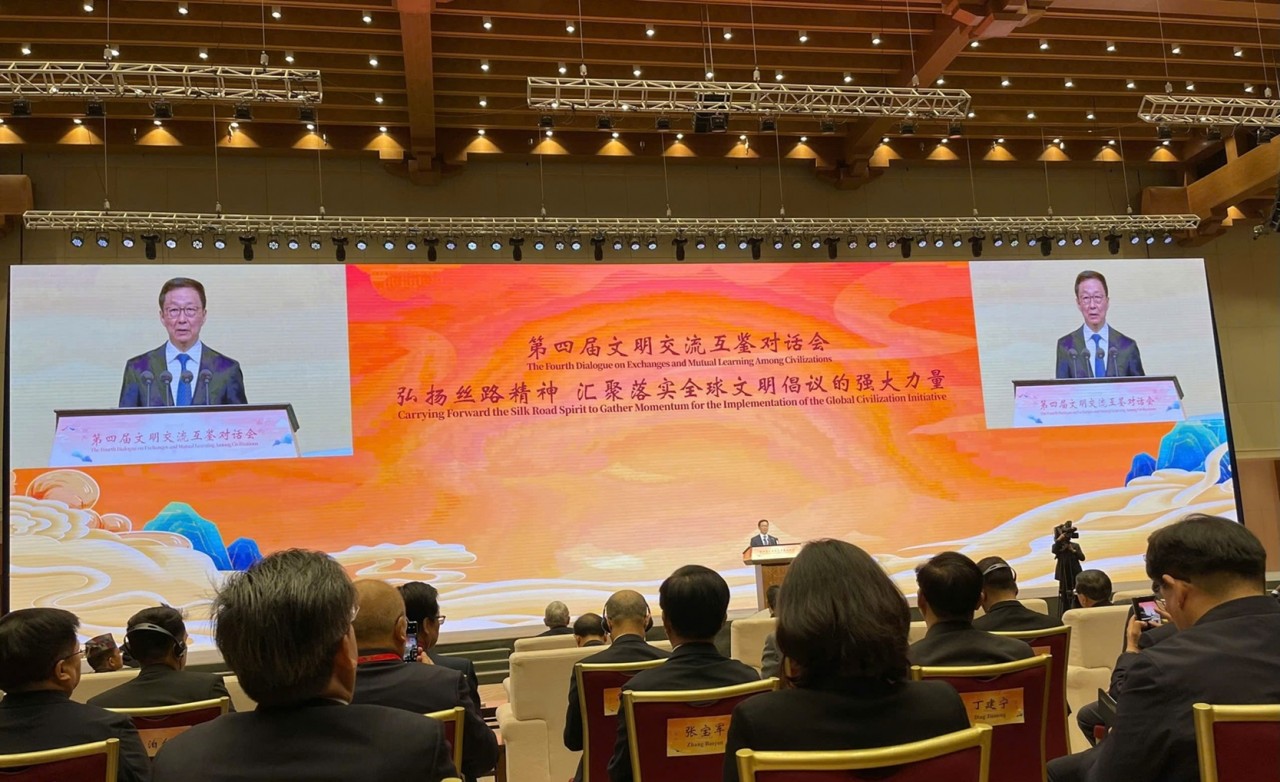 Friendship
Friendship
VUFO Attends Fourth Dialogue on Exchange and Mutual Learning among Civilizations
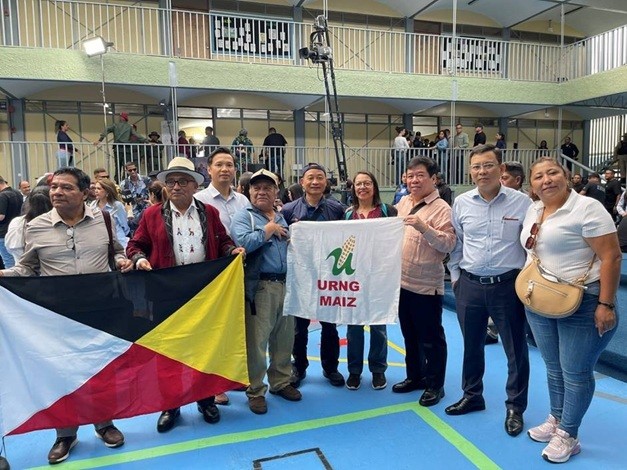 Focus
Focus
Strengthen Solidarity and Friendship Between Vietnam and Venezuela
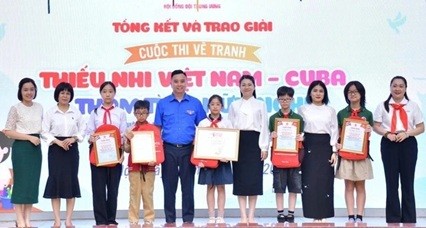 Focus
Focus
"Vietnamese - Cuban Children, Deep Friendship" Painting Contest Announces Winners
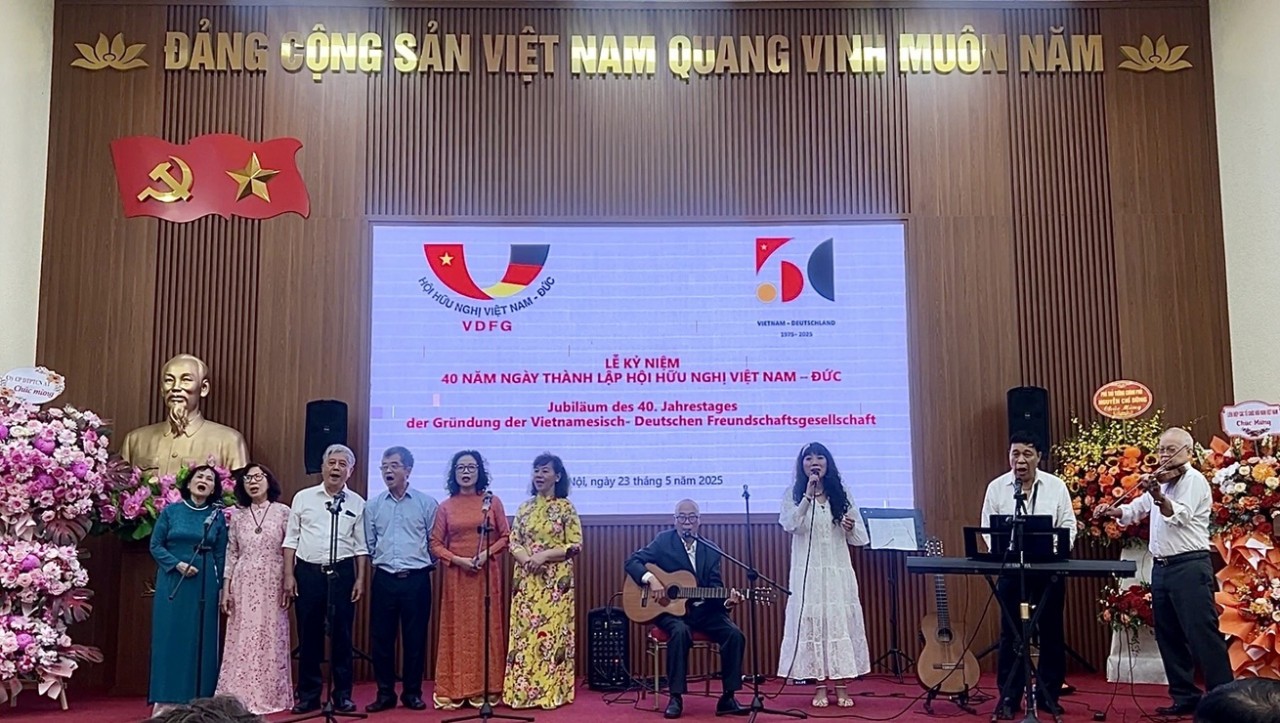 Focus
Focus
Solid Bridge for People-to-people Relations between Vietnam and Germany
 Focus
Focus
35 Years of FES in Vietnam: Fostering Dialogue, Advancing Equity
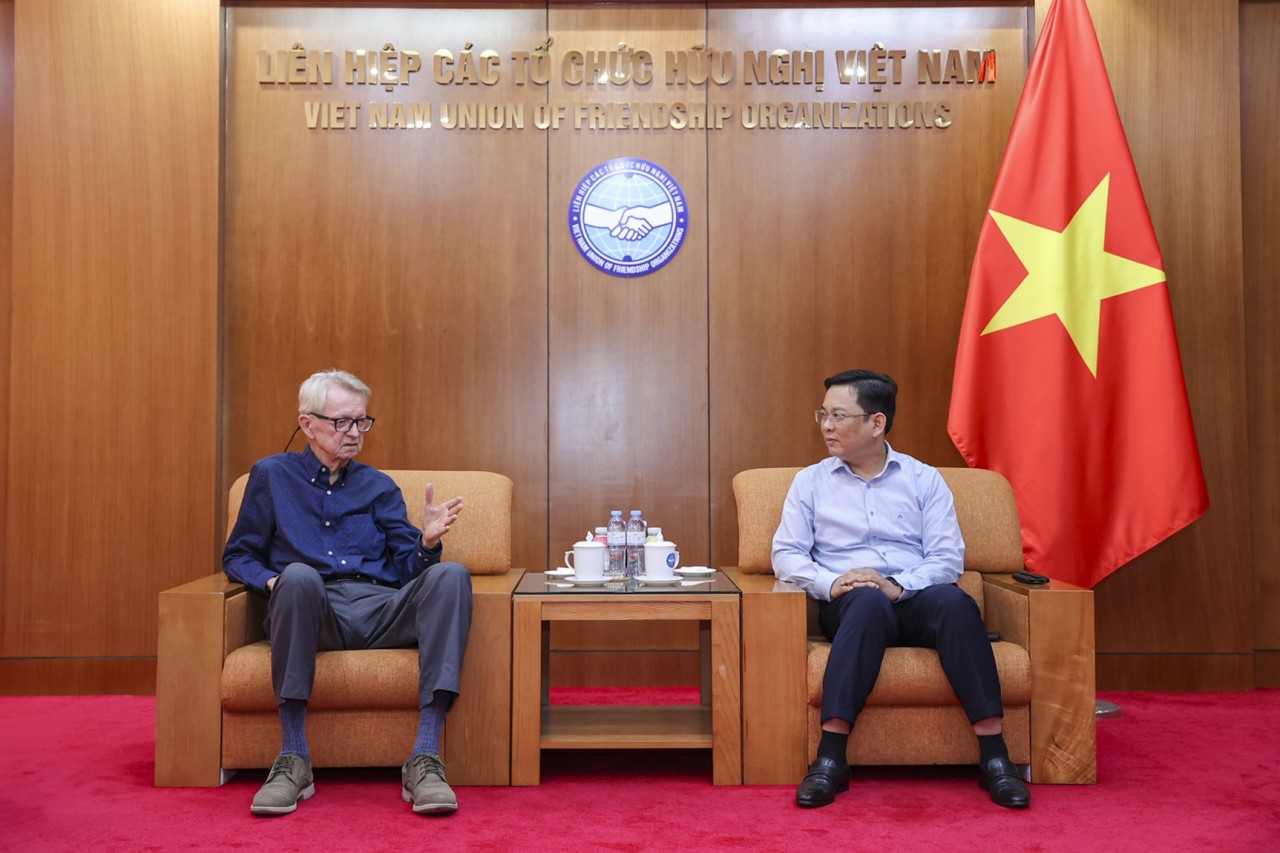 Friendship
Friendship
VUFO Appreciates Contributions of American Veterans in Overcoming Consequences of War
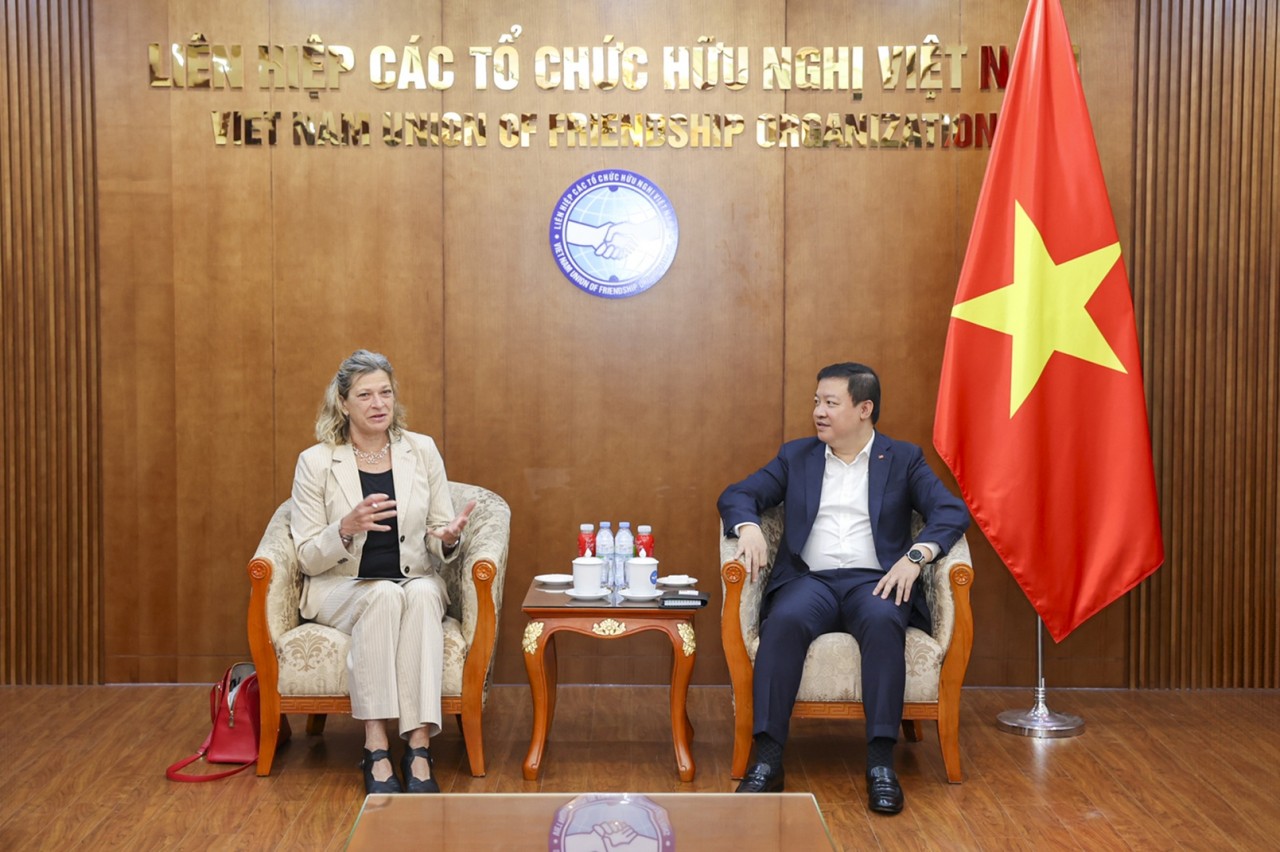 Focus
Focus

